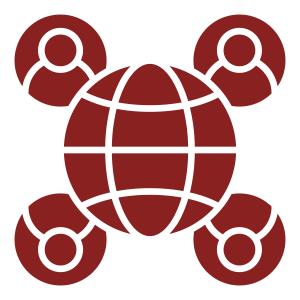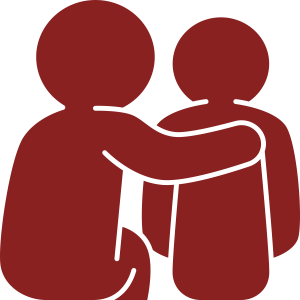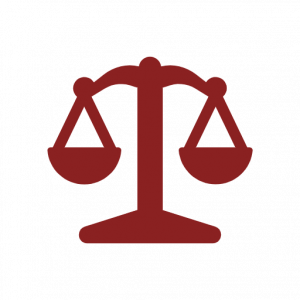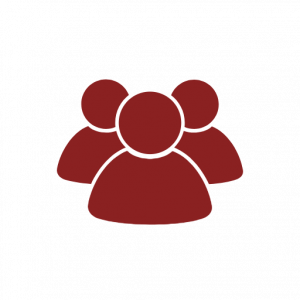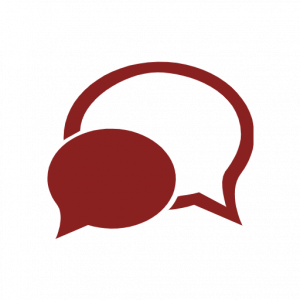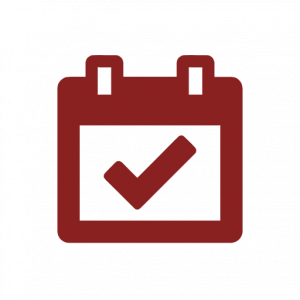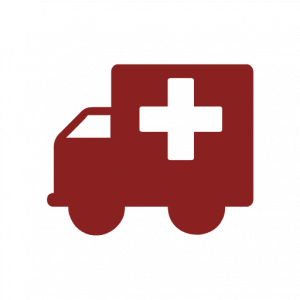The AAMC has identified 17 Premed Competencies for Entering Medical Students. These professional, science, and thinking and reasoning competencies are relevant for all health professions. As you proceed through your pre-health professions preparation, we encourage you to reflect regularly on your level of mastery of each of the competency areas, making plans to develop those competencies where you have less experience and documenting examples of how you have demonstrated those competencies with which you have significant familiarity.
From the AAMC:
"Originally created in 2011, the premed competencies were updated in 2023 through a joint effort between the AAMC and members of the academic medicine community to reflect current and future expectations for new medical students. Medical school representatives across MD- and DO-granting schools from admissions, student affairs, diversity affairs, faculty, and students, as well as prehealth advisors and competency experts contributed. The 17 premed competencies highlight essential knowledge, abilities, and skills that medical schools consider to be important for entering medical students and evaluate in each applicant through a holistic review of the application.
The premed competencies, formerly core competencies for entering medical students (view previous competencies), were updated in 2023 to reflect expectations for medical students. Medical schools will begin using these competencies in the 2024-2025 application cycle to evaluate applicants’ readiness for medical school."
The reflection prompts provided below are intended to provide possible entry points to reflect on how you have demonstrated these competencies. Beyond capturing experiences in which you demonstrated the competency, reflect on why the experience and the competency are important, what your experience says about you, what you learned or how you grew from the experience, and how this prepared you or influenced your interest in a career in the health professions. You may also find the AAMC's Anatomy of an Applicant: Competency Resources and Self-Assessment Guide to provide a helpful structure for your planning and reflection.
The AAMC has also compiled a wealth of Real Stories Demonstrating Core Competencies, which can be an incredibly helpful way to conceptualize how these competencies are practiced by applicants of all stripes.
Professional Competencies
Science Competencies
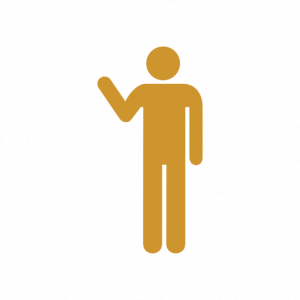 |
Human Behavior. Applies knowledge of the self, others, and social systems to solve problems related to the psychological, sociocultural, and biological factors that influence health and well-being.
Provide an example of how you have approached a problem related to human behavior, either in your own lived experience or through an academic/policy analysis of an issue. How did your understandings of social structures and determinants of health inform your approach? What are the challenges and opportunities of taking a holistic view of health and well-being? |
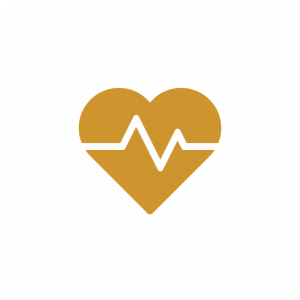 |
Living Systems. Applies knowledge and skill in the natural sciences to solve problems related to molecular and macro systems, including biomolecules, molecules, cells, and organs.
Provide an example of how you have approached a problem related to living systems. What knowledge and methods did you use to solve the problem? How did you gather additional information, if needed? How did your approach demonstrate creativity and/or systems thinking? |
Thinking and Reasoning Competencies
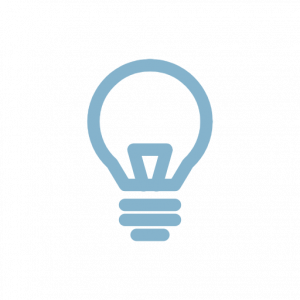 |
Critical Thinking. Uses logic and reasoning to identify the strengths and weaknesses of alternative solutions, conclusions, or approaches to problems.
Describe a situation in which you used logic and reasoning to identify and weigh alternatives and arrive at an approach, decision, or conclusion. What factors did you consider and prioritize? How do you anticipate applying critical thinking as a medical student or practitioner? |
 |
Quantitative Reasoning. Applies quantitative reasoning and appropriate mathematics to describe or explain phenomena in the natural world.
Provide a brief explanation of how you have used quantitative reasoning to describe, explain, or understand a natural or complex phenomenon. What were the strengths and limitations of employing a quantitative approach to understanding or explaining that phenomenon? |
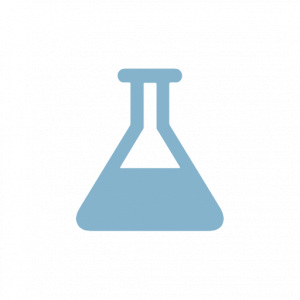 |
Scientific Inquiry. Applies knowledge of the scientific process to integrate and synthesize information, solve problems, and formulate research questions and hypotheses; is facile in the language of the sciences and uses it to participate in the discourse of science and explain how scientific knowledge is discovered and validated.
Provide a brief description of how you have applied the scientific process in your research, clinical, or course experiences. As appropriate, discuss how you developed questions and hypotheses, collected information, and contributed to the body of knowledge. |
 |
Written Communication. Effectively conveys information to others by using written words and sentences.
Describe a situation in which you conveyed information effectively through writing. Who was the intended audience? How did you tailor your communication to that audience? How do you know the communication was effective? |


